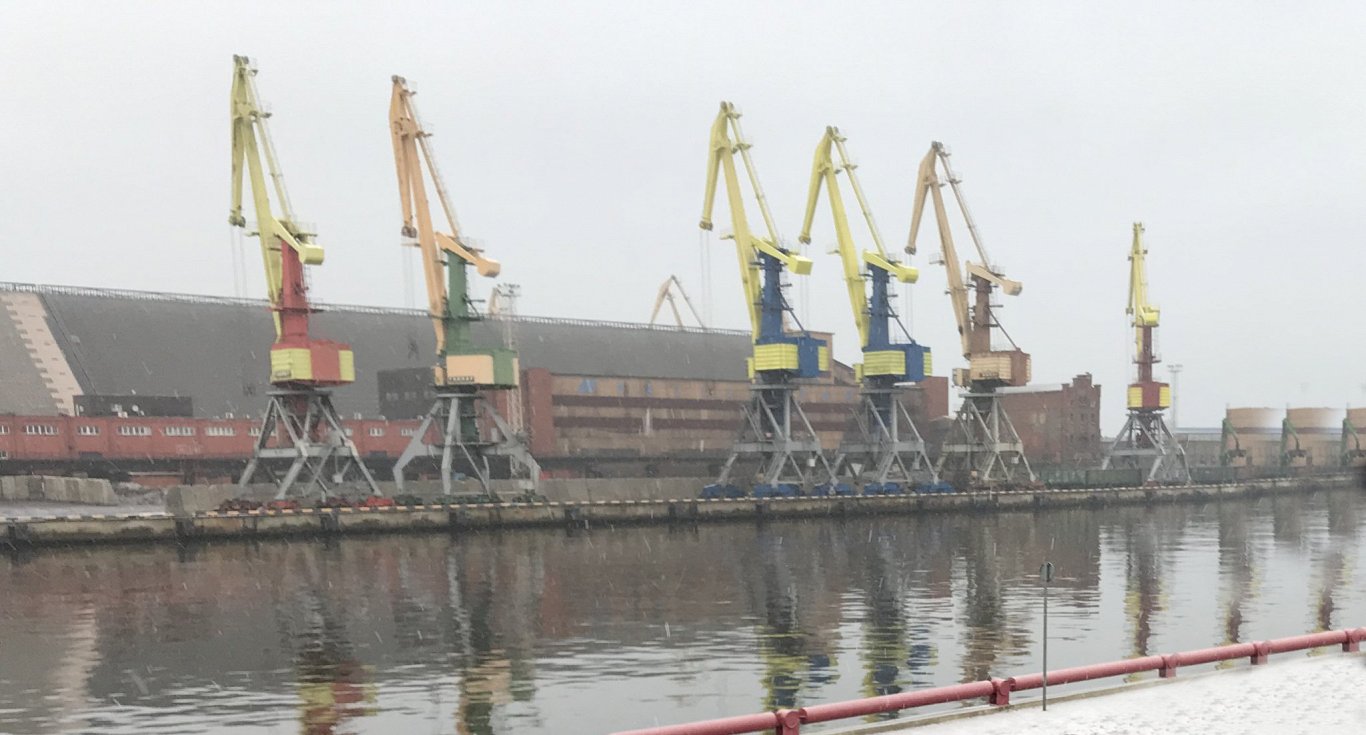Despite objections from port users, Linkaits said that the reform was sufficiently negotiated with all stakeholders and would not have a direct economic impact.
Linkaits said that the reform of port management aims to reduce political influence in these areas, following the principles of good governance in OECD countries. Port management will be sought in contests, possibly international. “If we then see a professional business plan that includes both cost reduction and job creation in the port area, it can be said that port reform has been successful,” the Minister said.
The changes will have no economic impact: nothing will change in terms of revenue, charges, contracts concluded, payments to municipalities, according to the Minister.
He said that the transformation of Ventspils and Rīga ports would start first. The minister hopes that the Saeima will support the necessary legislation by the end of the year. Then another 9-12 months are needed for the transformation process itself. “The middle of next year could be when these ports could already start operating in a new legal structure,” Linkaita said. In Liepāja, however, the changes could start in 2023.
In response to discontent expressed over the reform Linkaits said: “Discussions have been in place for nearly two years. There have been both coordination and meetings with companies. (…) It's debated from top to bottom.”
According to him, there are various lobbyists, interest groups, who do not want change. One of these business groups was a group associated with Swiss lawyer Rudolf Meroni, responsible for storing the property of former Ventspils Mayor Aivars Lembergs, accused of serious crimes. And this group, according to the minister, was worried that influence could change.
Linkaits said that an attempt was being made to stall port management reform. This has happened before, in 2002 and 2012, when reforms failed under the pressure of the lobbyist. The existing port management model was created in the early 90s. The politician said that one of the system's creators (Aivars Lembergs) is currently in prison. “It is, to some extent, a symbol of how deals in ports have to happen. We want to move away from it,” Linkaits said.
At the same time, several users of the ports - the Latvian Stevedoring Company Association, the Riga Free Port Authority, the Liepāja Port Tenant Association, and the Baltic Association Transport and Logistics - sent a letter to the media expressing dissatisfaction with the decision taken by the government parties, which, in their opinion, has not been sufficiently discussed with the parties involved. The users of the ports are unsure whether they will be able to continue their commercial activities at the site and pay for their use as they have been doing.
In their letter, they stressed that they supported both efficiency and transparency and good governance, but in their view, these concepts are all talk: “Unfortunately, politicians have no proper plan so far, risks and problems that we have long warned about are not addressed. In addition, we have not received any answers to many of the questions that have been asked."
The users of the ports highlighted their unclear issues:
- a sufficient economic assessment has not been carried out;
- no meeting of the Latvian Ports, Transit and Logistics Council has been convened since last year, which has not approved the new port reform;
- it is not specified that capital companies established in ports will not engage in commercial activities;
- the role of municipalities following the reform has not been identified;
- there is no clear involvement of entrepreneurs and investors in the new governance model, which is also required by the European Union's Port Services Regulation.
On March 22, port operators have initiated a public discussion entitled “What port management reform is needed for the development of Latvian ports: pros and cons”, so that all stakeholders discuss potential problems and solutions that could be best for Latvia's transit sector and the country's economy as a whole.






























